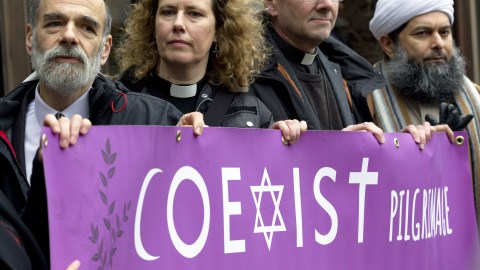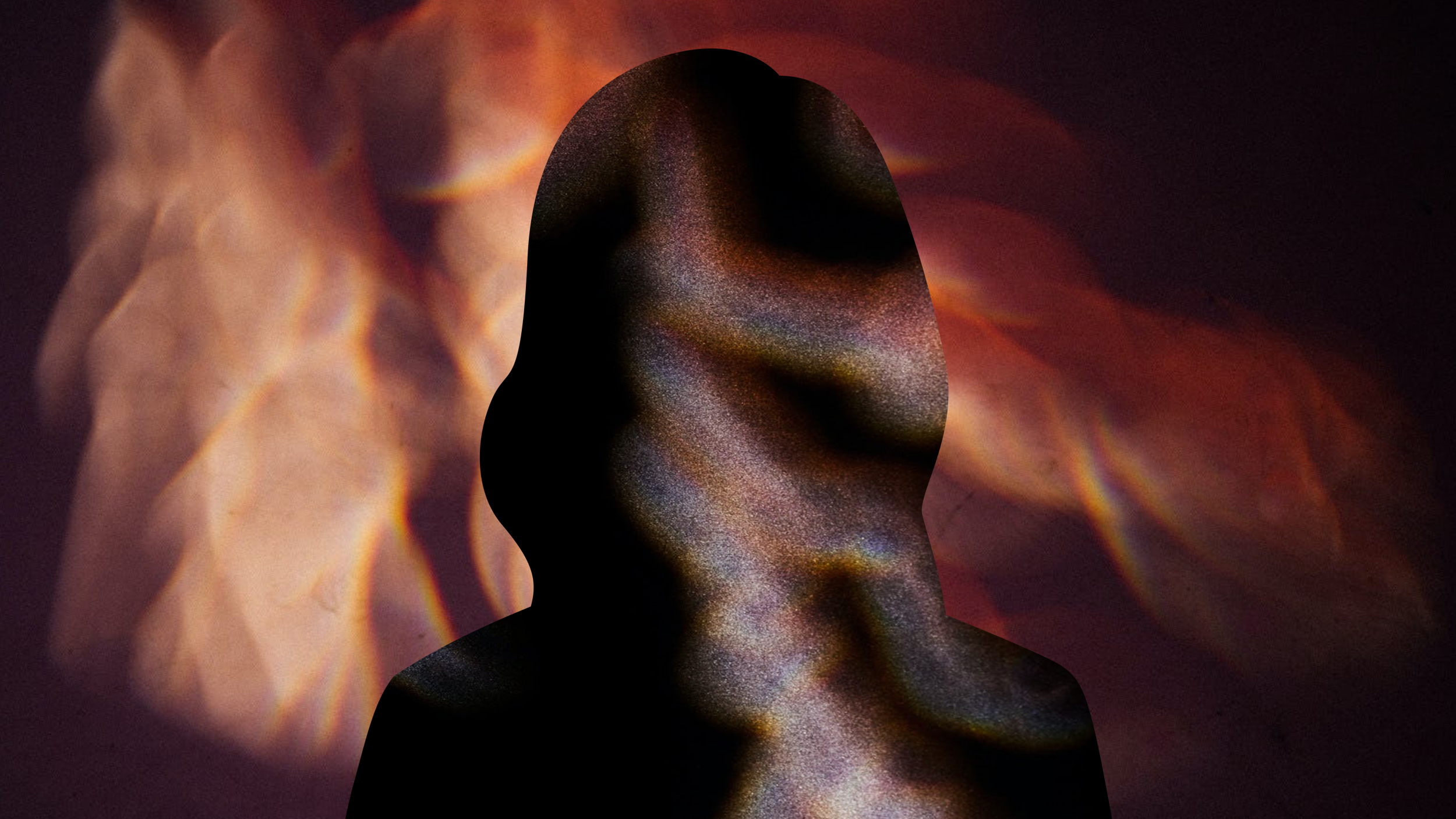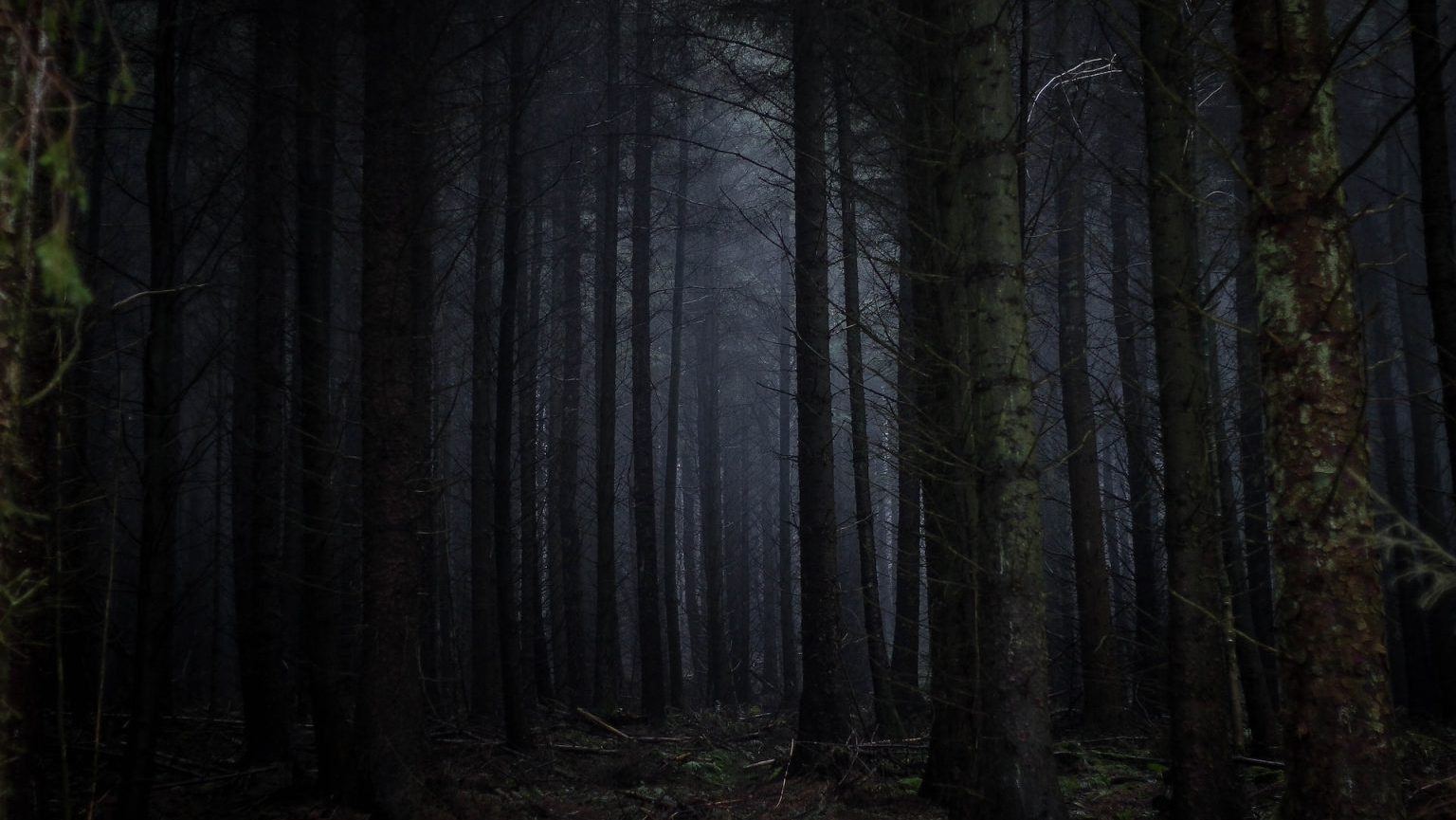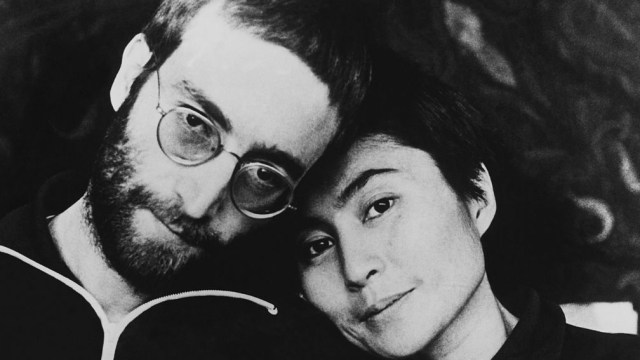We Need More Religious Instruction in Schools — Not Less

While violence attributed to religion is terrifying, one of the most disconcerting aspects of current public discourse is how illiterate and ignorant American citizens are regarding religion in general. Vitriol and xenophobia paraded as facts provide thin cover for a growing nationalistic intolerance.
Few conversations penetrate the divide between “my religion!” and “no more religion!” Instead a litany of uninformed monologues is confusing an already confused public. A wonderful feature of democracy — debate — is lost in the chatter of everybody being right and no one listening to what the other is saying.
That’s too bad. Religious education offers keen insights into the human condition. The exploratory power of the human imagination is tremendous. To envision blue-skinned destroyers dancing till the end of the universe, watching a lotus flower emerge from the rubble; to contemplate the quiet brook that winds its way into a vast ocean, just as all of us wind through life into an inevitable void; to imagine a sun goddess trapped in a cave only to release her light back into the world. Mythologies are beautiful attempts to explain our place in the world.
Of course, at the moment religion is most associated with tales of terror. Scriptures are not void of horrifying imagery, as I wrote about on Sunday. These moral dictates served their place and time, however poorly; they should not speak to our world over a thousand, 2,000 years later. Ignoring their existence, however, will not make them disappear.
America is one of the most religious, yet least religiously educated nations on earth. Part of the problem is we can’t separate scholarship from devotion. Forget academia, simple facts are challenging. As religion professor Stephen Prothero writes, Americans are not only ignorant of other religions — pundits and critics claim sharia law as one of the Five Pillars of Islam. (It is not.) We are also woefully ignorant of our own traditions.
Prothero cites the following statistics:
Only half of Americans can name even one of the four Gospels.
Most Americans cannot name the first book of the Bible.
A majority of Americans wrongly believe that the Bible says that Jesus was born in Jerusalem.
Most Americans don’t know that Jonah is a book in the Bible.
Ten percent of Americans believed that Joan of Arc was Noah’s wife.
Religious ignorance was not always part of the American landscape. Eighteenth and 19th century Protestantism resulted in an intense focus on scholarship. It was impossible to get a university degree or public school education without religious training. While today secularism is crucial if we want a diverse nation, we mistake religious education for indoctrination at our own peril.
In 1963, Richard Hofstadter warned of the anti-intellectual movement stifling civil discourse. Today market research shows that many Christians are turned off by doctrines — the “religious stuff” — while championing prosperity theology. We want to believe without trying too hard; we want belief to be enough; and we want what we believe to be what others believe. If we think the earth is 6,000 years old and Jesus’s return is imminent, well, Ben Carson’s presence should not shock us one bit. If we think the American way of life is reserved for a white, Christian electorate, well: Donald Trump.
Raised without religion, I fell in love with these mythologies while at Rutgers University, earning my degree in the subject in 1997. My thesis investigated how Buddhism and Hinduism are mistranslated in American society. For example: It is a recent vogue to link Jesus and Buddha. While there are certain moral crossovers, the actual systems are wildly different. Buddhism is a systematic assault transforming the mental patterns that lead to an unsatisfactory life. Put another way: When you’re in line or at a red light, you don’t need to check your phone every two seconds to feel connected to something other than your own thoughts. There are more effective and healthier pathways to dopamine.
Jesus and Buddha, however, did both emphasize the importance of action. Jesus’ faith was not static. Today, he’d much sooner be at a Black Lives Matter rally than preaching from an Orange County pulpit. Buddha’s system of meditation is equally immersive, with an emphasis on right action and right intention. Their approaches did not just happen, but were cultivated, struggled with, embodied. I fail to find any religion in which, at heart, this is not the case. Such actions are required of us today, although it’s hard to understand if you don’t know where your religion begins and another ends, or if you automatically write off all religion without contemplating its historical and modern importance.
Religion is not wet clay to be molded however you see fit. You have to earn and live it every day. That doesn’t mean religions never evolve; Joseph Campbell famously stated that religions must change every generation to better suit the needs and challenges of the times. To do so, you need to understand their foundations; otherwise you never really know where others are coming from.
Prothero argues that religious education should be more widely integrated into our educational system. If America desires to be a multicultural melting pot, the study of world religions is essential. Religion is like language: The more you speak, the more people you can communicate with. I’m not suggesting an overhaul of public education to better reflect a 300-year-old Protestant dream. A few simple, non-dogmatic courses during one’s upbringing will do splendidly. Temperance before hitting “post” on comment boards wouldn’t hurt either.
In his introduction to the impressive 4,200+ page The Norton Anthology of World Religions, editor Jack Miles argues that such a comprehensive introduction to the six major world religions arrives at a critical point in time. You don’t have to be theistic to understand religion’s relevance. The foundation of every society began with the storytelling that became the basis of each religion. If we want to write a more peaceful and harmonious future, it is in our best interest to read the opening chapters.
—
(LtoR) Rabbi Jonathan Wittenberg, Reverend Margaret Cave, the Dean of Coventry John Witcombe and the Assistant Secretary General of the Muslim Association of Great Britain, Ibrahim Mogra pose for photographers with a banner reading ‘Coexist pilgrimage’ outside Regents Park Mosque before setting off for an interreligious march for peace to St Thomas’ Hospital in London on February 19, 2015. AFP PHOTO / JUSTIN TALLIS (Photo credit should read JUSTIN TALLIS/AFP/Getty Images)





